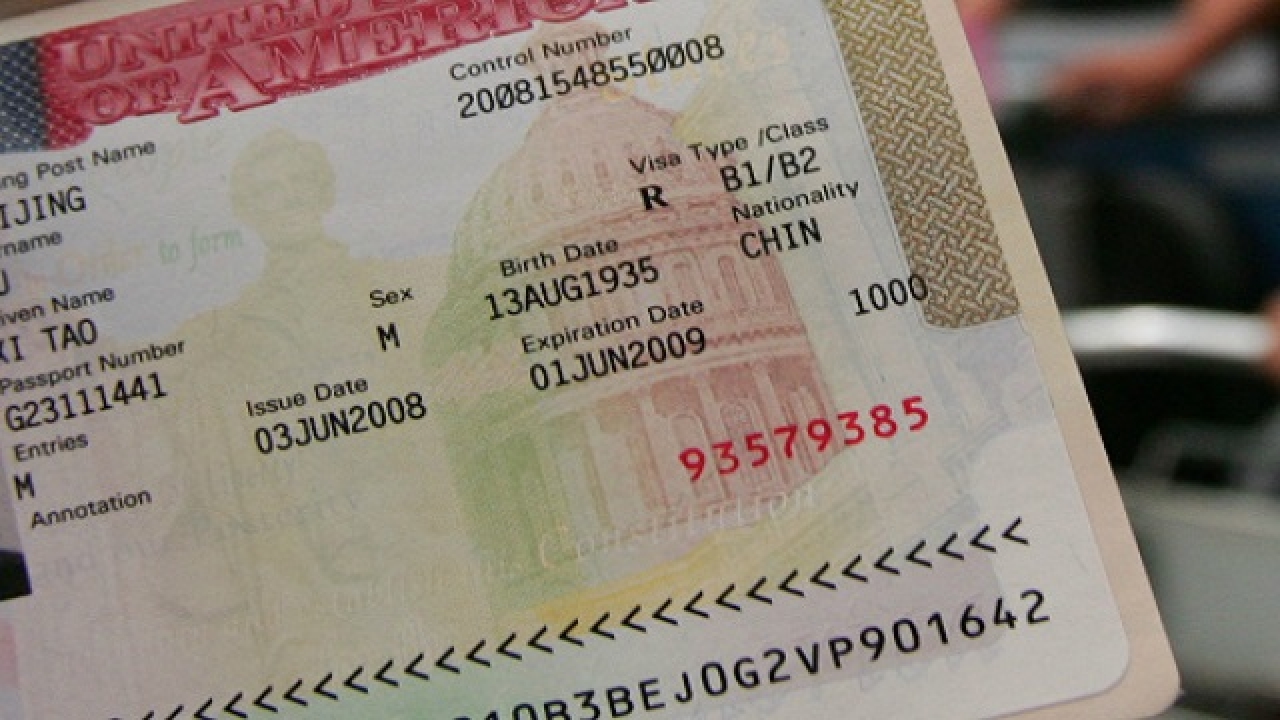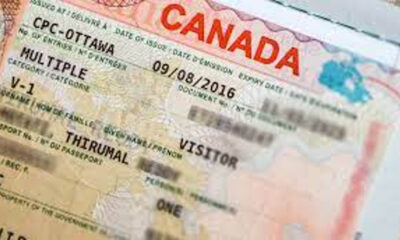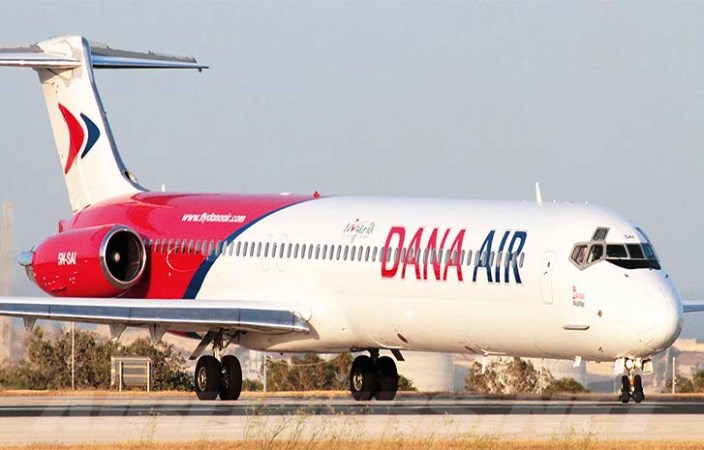Oppotunities
Over 92,000 African students denied US student Visas

A study has revealed that more than 92,000 African students were denied US student visas, making Africa the region with the highest rate of disproportionate visa refusals compared to other regions.
According to the findings, in 2022, 54% of African student visa applications were rejected, while North America and Europe had lower refusal rates of 21% and 9% respectively. South American applicants also experienced a significant increase in refusal rates, rising from 7% in 2015 to 31% in 2022.
The report by the Presidents’ Alliance on Higher Education and Immigration suggests that factors such as reduced student mobility and limited US consular staff due to the Covid-19 pandemic might contribute to the rise in visa refusals. Additionally, concerns were raised about the potential influence of national policies and negative public narratives towards international students and immigrants, which could be reflected in the visa refusal rates.
Rajika Bhandari, a senior adviser at the Presidents’ Alliance, emphasized that these figures demonstrate clear disparities in outcomes for students from certain countries, especially African nations. The situation is seen as a “missed opportunity” for the US, as it hinders the country’s universities from benefiting from a diverse student population and restricts access to global talent.
Over the eight years analyzed, more than 92,000 potentially qualified African students were denied visas, with a substantial percentage coming from Nigeria. The report highlighted the alarming rate of US visa refusals to Nigerian students, where as many as two in three applicants were denied an F1 visa in 2022.
The challenges faced by many individuals from Sub-Saharan Africa seeking to study abroad include difficulty articulating the reasons for choosing their preferred program, inadequate funds, sponsorship by extended family members, being older than the typical age for undergraduate studies, unexplained gap years, and other issues.
Despite these obstacles, there has been a strong demand from the continent, with the number of African students enrolling in US higher education increasing more than any other region in recent years.
The report appeals to the US Congress to modernize the nation’s immigration laws to potentially reduce the perceived disparity in visa approval standards for students from the Global South, countries with relatively low levels of economic and industrial development, compared to other nations.























